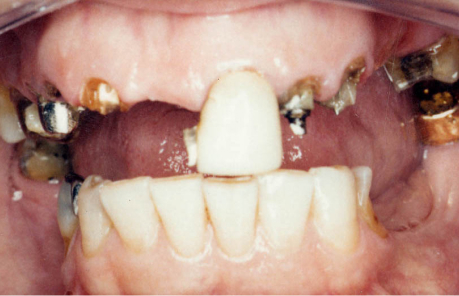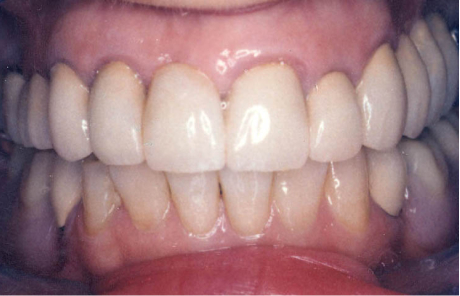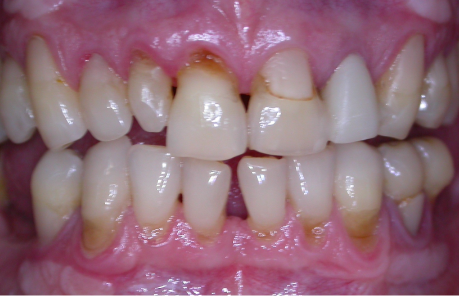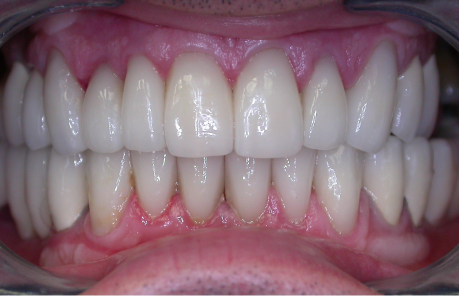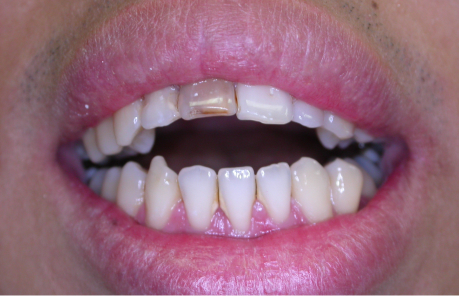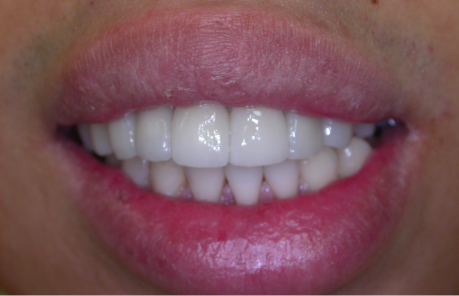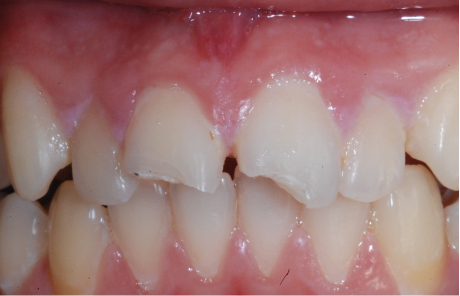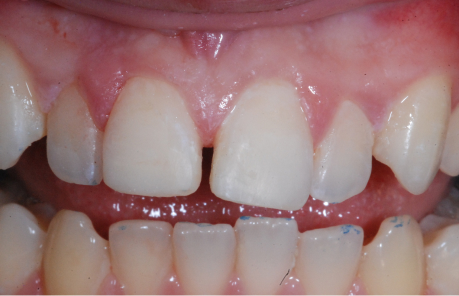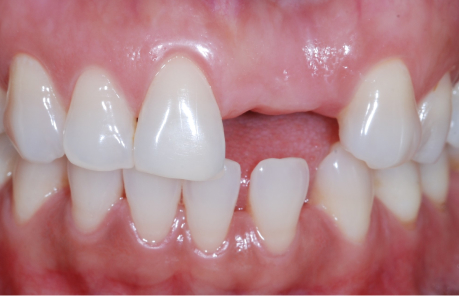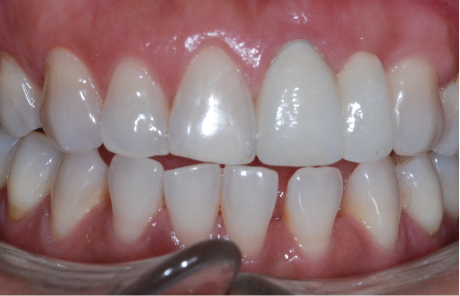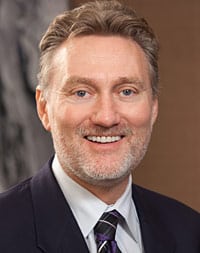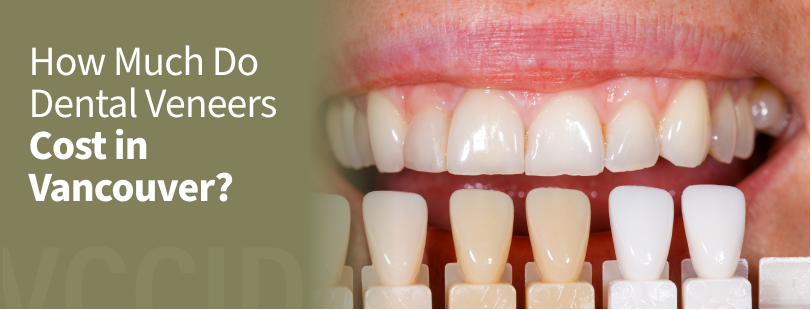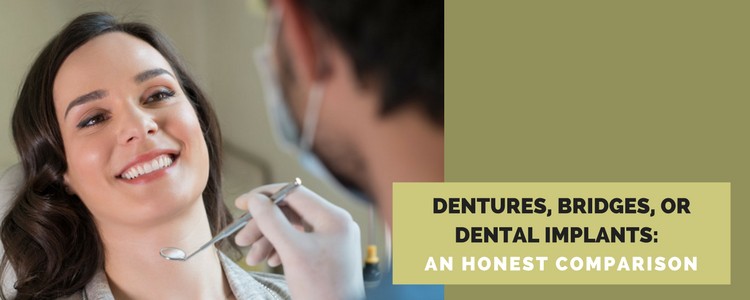If you’re reading this, chances are you’re either looking for a new dentist or you’re curious about what makes biological dentistry different.
Maybe your old dentist retired, or you’ve been exploring more holistic approaches to health and stumbled across the term.
Whatever brought you here, let me walk you through what biological dentistry is all about—and how it might just change the way you think about your dental care.
About the author: who am I?
Hi, I’m Dr. Peter Balogh. I’ve been a practicing, board-certified dentist since 1993, and my passion for holistic, biological dentistry was there right from the start. I’m always looking for healthier ways to provide care—VCCID, for example, was the first in Vancouver to offer metal-free zirconia dental implants.
Are biological dentists “real” dentists?
I get this question sometimes, and I think it stems from the difference in qualifications between a medical doctor (MD) and naturopathic doctor (ND) despite both calling themselves doctors.
With dentists, it’s not like that.
A biological dentist has to earn the same credentials and uphold the same ethical and regulatory standards as a traditional dentist.
So, to answer the question directly—yes, biological dentists are “real” dentists. The main differences are that their treatment approach tends to be more conservative, and they put more emphasis on how dental care affects a patient’s entire body.
What is biological dentistry?
I like to think of biological dentistry as the bridge between great oral health and overall well-being.
Yes, just about any dentist can fix a cavity or clean your teeth, but I see my role as something bigger: helping you understand how what’s going on in your mouth connects to the rest of your body.
It’s a bit like a personal trainer and doctor all rolled up into one. I’m there for the times when you need major treatment, but my goal is to help you avoid those treatments as much as possible with proactive care.
My approach: it’s about more than just teeth
Let’s be honest: a lot of people don’t love going to the dentist.
Maybe you had a bad experience in the past, or maybe it just feels like another chore on your to-do list. I get it. That’s why I focus on making the experience as positive, comfortable, and meaningful as possible.
Unlike traditional dentists who might just focus on the immediate issue (like filling a cavity), I take a step back and look at the bigger picture.
Oral health and overall health are closely linked. Did you know that gum inflammation could be tied to chronic health issues like heart disease? Or that some dental materials might not be ideal for people with sensitivities?
The reality is that most people don’t, so these are the kinds of connections I’m always thinking about when I care for my patients. It’s about supporting your whole-body health, not just your teeth.
Why the tools and materials matter
Let’s talk about what goes into your mouth.
I’m pretty picky when it comes to the materials I use, and there’s a good reason for that. A lot of traditional dental fillings, for example, contain mercury.
While it’s been deemed safe by many standards, I’ve had a bad experience with it myself, and I’ve found that many patients prefer to avoid it altogether.
That’s why I stick to mercury-free, biocompatible materials that are designed to work with your body, not against it.
Even during routine cleanings, I use products that are gentle and natural whenever possible. Think mineral-based solutions or herbal rinses instead of traditional fluoride treatments, especially if you’re someone who’s mindful about what you put into your body.
It’s like choosing organic or non-GMO foods at the grocery store—the purpose is to minimize unnecessary exposure to chemicals or substances where we don’t really know what the long-term effects are.
A gentle, personalized, judgment-free process
One thing my patients often tell me is how much they appreciate the relaxed, stress-free environment here.
Dental care doesn’t have to feel clinical or rushed. Whether it’s using low-radiation digital X-rays or offering soothing touches like aromatherapy during your visit, my priority is making sure you feel cared for rather than judged.
Having that openness is so important in my books: if a patient doesn’t feel comfortable having a conversation about how their mouth feels, it’s hard for me – as a care provider – to truly understand what they need.
I understand why people can be guarded: for many, part of what makes dental visits potentially off-putting is the feeling that they’re being judged, in a sense, based on how healthy their teeth and gums are.
Terms like “dental exam” probably contribute to that – who wants to get a “bad” result, right?
But that’s where it comes back to looking at the body as a whole. The “truth” is that factors like genetics and natural body chemistry play an enormous role in a person’s oral health.
You’ve probably kind of noticed it yourself – some people have zero problems even though they never go to the dentist, while others are hyper-vigilant about their oral health but still end up with the occasional cavity.
And it’s not just about what happens in the chair. I love helping patients understand how their lifestyle impacts their oral health.
For example, if you’re grinding your teeth at night, we’ll talk about potential stress triggers, alignment issues, or even your diet to get to the root cause. It’s all connected.
Sarah’s story: making the switch
Let me tell you about one of my patients—we’ll call her “Sarah” out of respect for privacy.
She came to VCCID after her longtime dentist retired, not really knowing what to expect from a biological dentist.
On her first visit, instead of jumping right into a cleaning, we spent time talking about her overall health. She mentioned feeling tired and dealing with sensitive teeth for a while, and that sleeping more or using toothpastes like Sensodyne hadn’t made much of a difference.
These clues pointed me in the direction of her old amalgam fillings. I explained how some people can be sensitive to them, and that we could replace them with safer, biocompatible materials if she wanted to.
At first, she said she’d think about it, and that was that. After maybe the third or fourth visit though, she mentioned that she’d still been having trouble with fatigue and teeth sensitivity, so I brought up the option again, explaining how it seemed like the most likely culprit based on her symptoms and I was seeing (not teeth grinding, thin enamel, or cavities).
We talked about pricing, made sure the procedure fit her budget, then she gave it the green light. She had a few amalgam fillings, so it took a couple of appointments to replace them all with mercury-free composite fillings.
Sarah didn’t say much about the procedure until…I think it was about a year later. During a routine checkup, she told me that she’d been a bit skeptical after not noticing an immediate night-and-day difference, but that – after a few weeks – she realized that the issues she had before were gone.
It’s moments like that which I find so rewarding. What started as a practical decision for Sarah – finding a new dentist – led her to better overall health and better energy levels every single day.
Should *you* choose a biological dentist?
At the end of the day, it’s all about finding what works best for you.
If you’re happy with your current dentist, that’s great! Traditional dentists provide essential care, and their expertise is invaluable.
But if you’re looking for something a little different – a dental “home” that considers how your mouth connects to the rest of your body – a biological dentist might be exactly what you need.
Whether you’re already health-conscious or just curious about a more holistic approach, I’m here to help you explore your options. It’d be my pleasure – and privilege – to keep your smile (and your overall health!) in the best shape possible.
I hope to see you soon!
Have questions? Ready to register? Give us a call!
If you’re wondering about biological dentistry and what it means for the patient experience at VCCID, we’d be happy to tell you more about it.
You can get in touch with us through our contact form or by calling our Burnaby dental office at (604) 243-0046.

